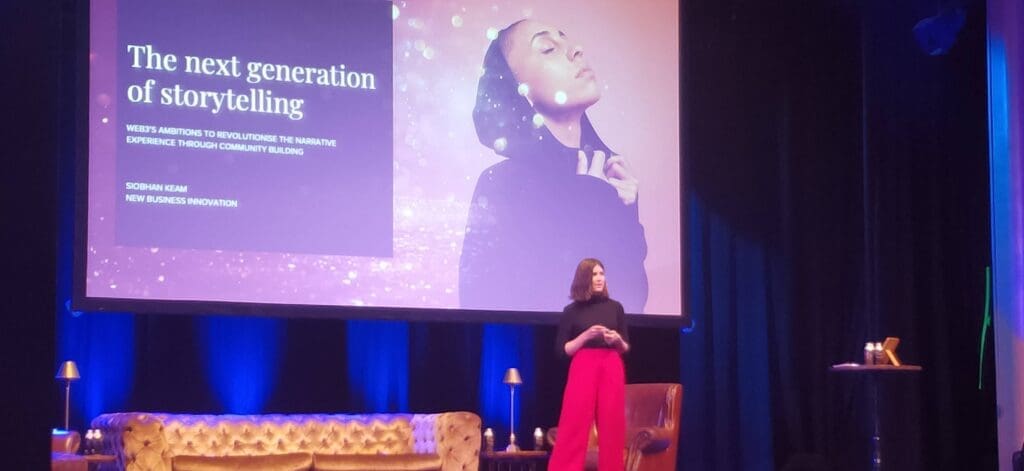In this post, we are talking about self-publishing assist contracts (rather than traditional publishing contracts, which also must be scrutinised). Many self-publisher assist companies deem to take money from authors to cover production and administration, but authors then get caught out on royalties, contract termination and book rights.
Don’t let it happen to you! You can either keep your money to yourself and learn yourself (and/or get publishing mentoring), or you can use this list.
Essential Questions to Ask on Viewing Your Self-Publisher Assist Contract
Check the company name on your contract: is it the same as the public name? Google reviews on them. Also ensure your name is right.
What services are being delivered? Typesetting, proofreading/editing, any author copies, and distribution details all should be here. (Does it match what the package said?)
Who gets to approve the final cover, interior and manuscript – is it you?
Who owns the Copyright? You, hopefully, forever. (If in doubt over a temporary transfer of copyright, see this warning post).
Files. The ISBN will no doubt be in the name, so what happens if you want to take your book and its files away? Can you? (Best to ask for the native files / artwork upon publishing, in case the company folds or anything is not to your liking after publishing).
How much royalty will you receive? 50% of net profits means that you get what’s left after they split the revenue with a retailer, and after discounts, so ask for (or work out yourself carefully) the % on retail sales receipts, a much less spongy figure. Traditional authors also need to define what the royalties will be on receipts, not an airy-fairy term like net sales.
If they offer a better royalty for sales from your own web page, look for this. Some have got caught out by not paying for the website page and missing out on better royalties. Consider going it alone with a website and capture your readers forever more, or as long as you pay the hosting fees.
How much will author copies cost you? If the price says ‘at wholesale’ what does this really mean? Get them to define exactly the range of how much books will cost per copy. For black and white, a fair price is $4 to $6 per book for 50 copies. Over this, large volume discounts should also be available.
Check rights and any ‘subsidiary rights’. If your book wins the Lotto and is offered a TV deal, the film and TV rights should belong to YOU, not the self-publisher assistant. Overseas distribution rights are also useful to have. (e.g. you might go to an American Book Expo and sell the distribution). Who gets the Copyright Agency Limited income?
Reversion to Rights. If your book has sold under 50 copies in 12 months, distribution rights should revert to you… or perhaps even sooner if you desire. (Advice from the Australian Writers Marketplace).
Overall, ensure that the book publishing contract reflects exactly what the package you bought covered and what the consultant mentioned.
For those authors offered a contract with Small Press, please read the warnings in this Writer Beware post on Terms and Contracts (‘some general comments’).
Expectations Post Launch
On top of all this, ask yourself if your expectations of sales and reviews post-publishing is likely to match your goals and needs. Among fiction authors, there is a very high level of dissatisfaction with publishing services. I deal with non-fiction authors, and one friend who used AuthorHouse was very sorry she paid over $2,000 to publish a book that she could not transfer the artwork from… but at least she had her manuscript to re-title and revise with a new ISBN. Find out how publishing mentoring can benefit you.







